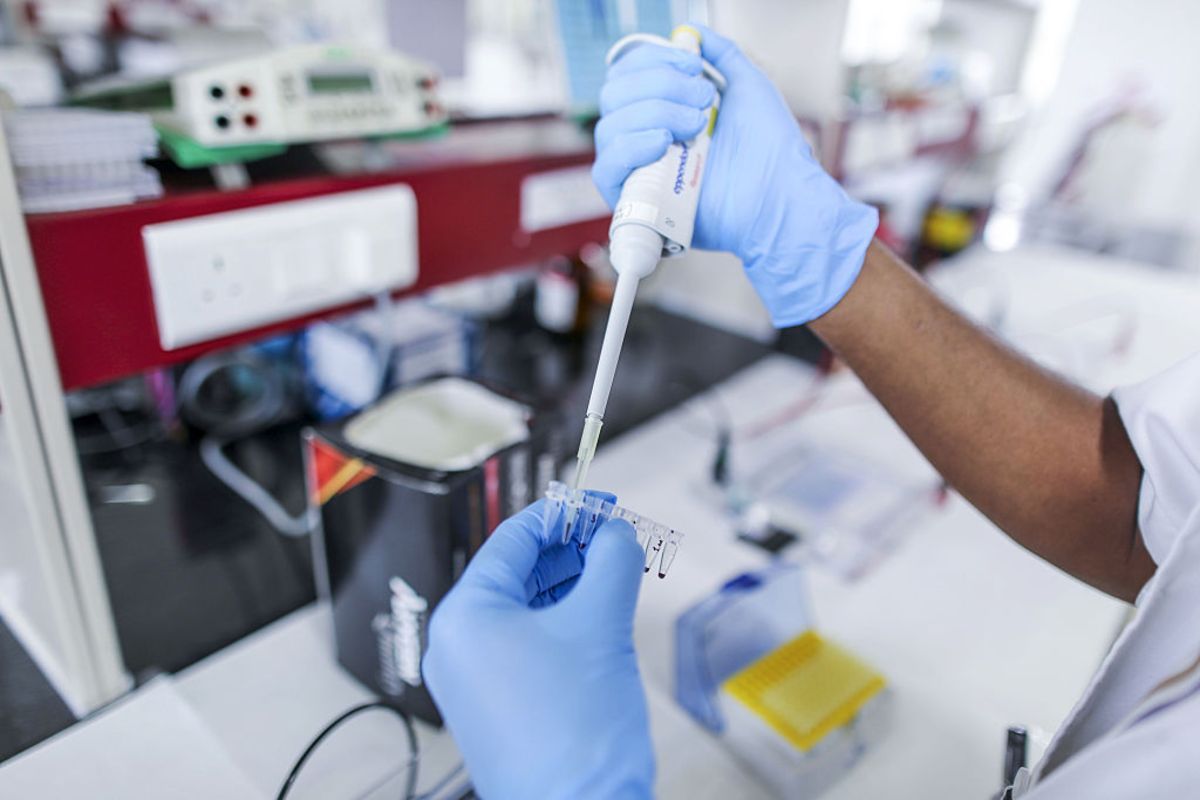The way geckos’ ears work together to take in sound mirrors the way the detector works to map the angle of incoming light.



Four is the point Max Faget and Paul Pursur were trying to make in their quest to prove that harnessing that many modified Sergeant engines would make a $200,000 vehicle that would perform as well and with more flexibility, and would less cost than a $2.5 million Atlas or $1 million Redstone rocket.
Faget and Purser were two NASA space pioneers, whose aim was testing some of the Mercury components that would evolve into Apollo, including the escape and parachute systems and recovery methods, plus the performance of the space capsule under pressure at altitude.
Little Joe got off to an ignominious start when it blew its top one day at Wallops Island.

HINDIYAH, Iraq (AP) — Iraqi officials and fishermen are at a loss to explain how hundreds of tons of carp have suddenly died in fish farms in the Euphrates River, fueling anxieties about soaring water pollution.
Local authorities used excavators to skim dead fish from the river surface near the town of Hindiyah, 80 kilometers (50 miles) south of Baghdad, where residents and local farmers have long complained about substandard water management.
The fish were being farmed in cages for sale in domestic markets, where grilled carp is considered a national dish, called masgouf.





